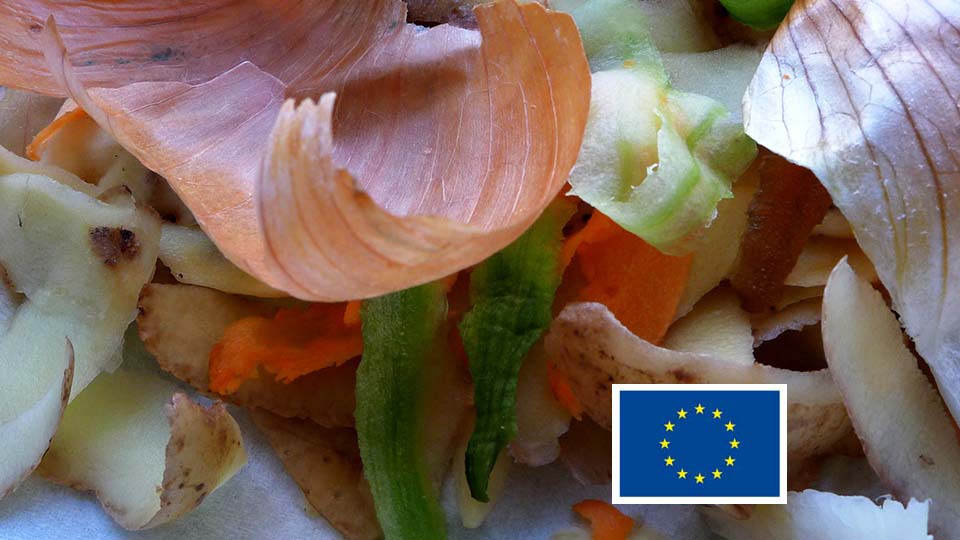
Refresh – towards less food waste in Europe
One third of all produced food is later wasted, making food waste the third largest emission of greenhouse gases. The goal of the Refresh project is to reduce food waste in Europe by 30 percent by 2025. The partnership of the project involves 26 partners from twelve European countries as well as from China.
Around 100 million tons of foods are wasted every year within the EU. The problem is a also growing one. Calculations show that food waste can, if not dealt with, within five years have increased to 120 million tonnes per year. Reducing food waste is one of the most important measures to take in order to reduce the climate impact from the food system.
The EU project Refresh, "Resource efficient food and drink for the entire supply chain" is a major initiative that brings universities, research institutions, consumer organizations and companies together in order to take a holistic approach to the food waste problem. Swedish partners are IVL Swedish Environmental Research Institute and SP and research represents an important part of the project. We need to better understand why food waste occurs and support both the industry and individual consumers to make better choices.
The project will also develop technological to will enable better capitalization of food waste from the food industry, as well as designing different information platforms and support tools. Those tools will increase and simplified information exchange, providing opportunities to identify and evaluate new methods to reduce shrinkage, disseminating results, and devising technical and policy recommendations for reducing wastage in the food chain. Pilot projects will be conducted in Spain, Germany, the Netherlands and Hungary, where focus will be to develop strategic agreements with governments and businesses, as well as local actors, in order to reduce food waste.
An important part of the project is knowledge transfer to China. IVL has an important role in this due in part to its China office. The idea is not just to disseminate knowledge but also, for example, to make it possible for similar voluntary agreements in the European pilot countries to come about.
The project is led by the University of Wageningen in the Netherlands. It is a continuation of the previous EU project Fusions
Project facts
- Refresh
- Financed by: EU Horizon 2020, Grant agreement number: 641 933
- Period: 2015 - 2019
-
Tova Andersson
Contact
Want to know more about IVL's services and offers? Enter your email address and choose which area you want to know more about, and we will get back to you.
